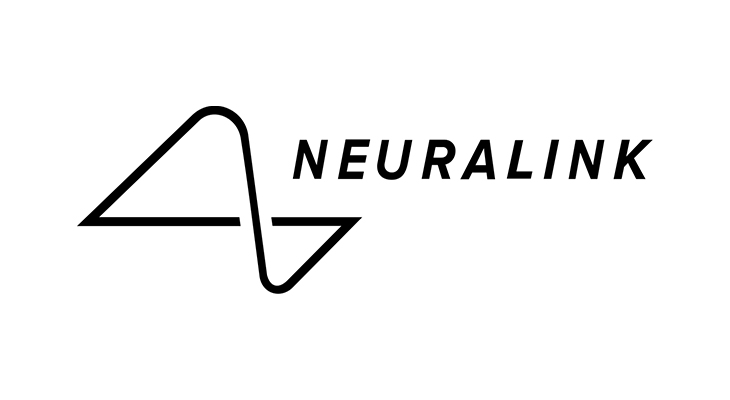Neuralink Receives FDA Approval for First-in-Human Brain-Implant Clinical Study
- ByStartupStory | May 27, 2023

Neuralink, Elon Musk’s brain-implant company, has gained FDA approval for its first-in-human clinical study, marking a significant advancement in neurotechnology. This achievement signifies a major stride towards Neuralink’s goal of developing implantable brain-machine interface (BMI) technology, offering potential benefits for individuals with neurological disorders. Exploring the details of Neuralink’s pioneering work and the implications of FDA approval.
Founded in 2016, Neuralink aims to establish a robust connection between the human brain and computers by developing a high-bandwidth interface. The company envisions a future where brain implants facilitate bidirectional communication, empowering individuals to manipulate external devices and potentially mitigate neurological conditions through advanced neural signal processing.
At the core of Neuralink’s research lies the advancement of the “Link,” a compact and adaptable brain implant inserted via minimally invasive means. Comprised of an electrode array, the Link possesses the capability to both sense and stimulate neural activity. Neuralink has undertaken extensive animal trials, utilizing mice and non-human primates, to enhance and authenticate their technology. These studies have yielded encouraging outcomes, demonstrating the implant’s potential to interface with neurons and capture neural signals.

Neuralink’s recent announcement discloses their achievement of FDA approval for their inaugural human clinical study. Although the details of the trial are undisclosed, this regulatory endorsement signifies a significant milestone in assessing the safety and effectiveness of Neuralink’s brain implant technology in human subjects. The approval underscores the collaborative partnership between Neuralink and the FDA in ensuring comprehensive evaluation and adherence to regulatory protocols.
The FDA approval received by Neuralink carries tremendous potential for multiple domains, such as healthcare, neuroscience, and assistive technology. If proven effective, their brain-machine interface (BMI) technology could have a transformative impact on individuals with paralysis, granting them the opportunity to restore mobility and regain independence. Additionally, this groundbreaking technology holds the power to revolutionize the treatment landscape for neurological disorders, mental health conditions, and cognitive enhancement.
While the recruitment phase for the clinical trial is yet to begin, the FDA approval obtained by Neuralink marks a significant milestone in the company’s progress. In a tweet, the company expressed gratitude towards the diligent efforts of the Neuralink team and the collaborative partnership with the FDA, emphasizing the importance of this initial step towards assisting a multitude of individuals with their groundbreaking technology. As additional details concerning the clinical trial emerge, Neuralink will offer further clarity regarding the specific goals and potential timelines involved.









